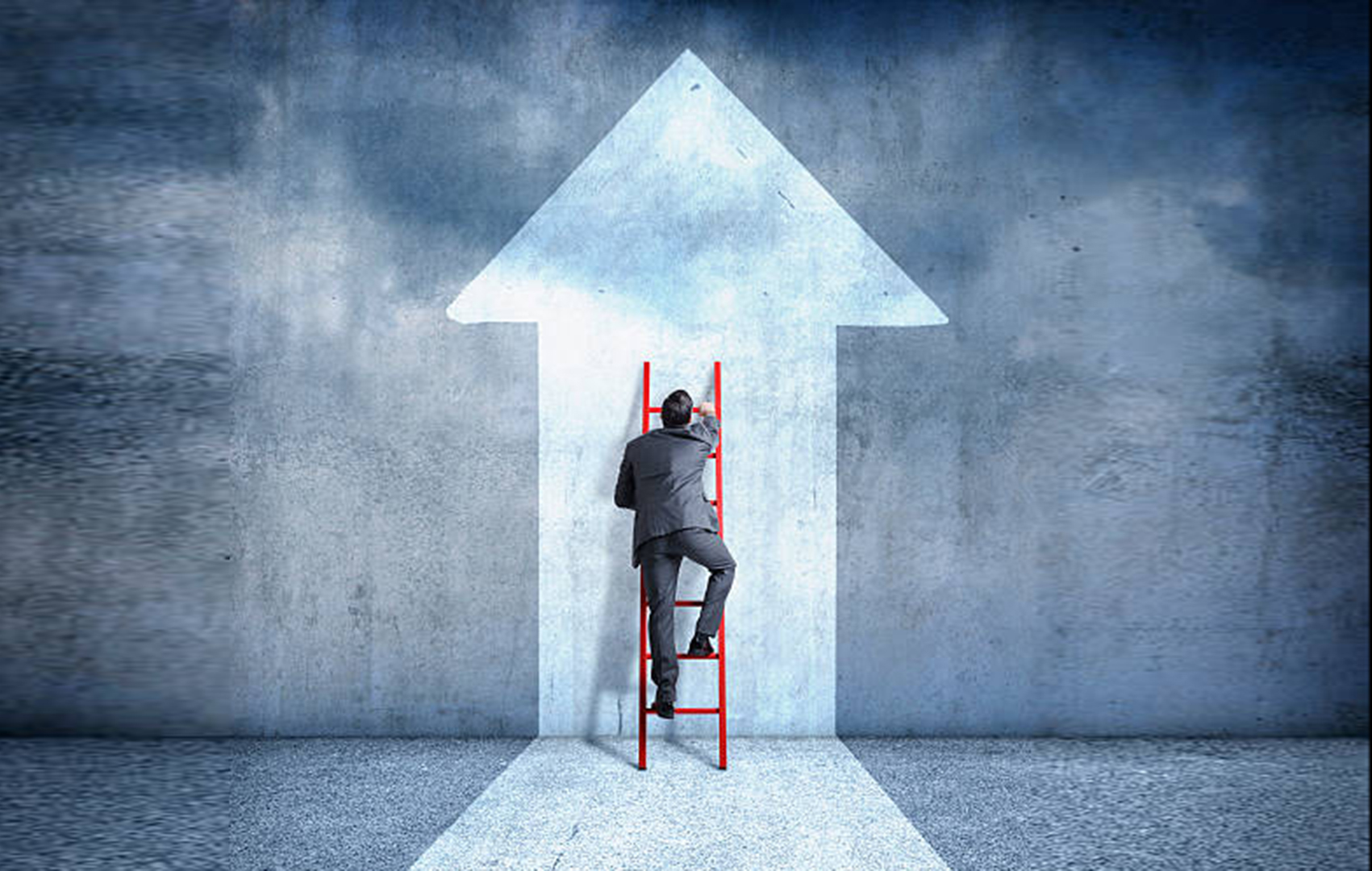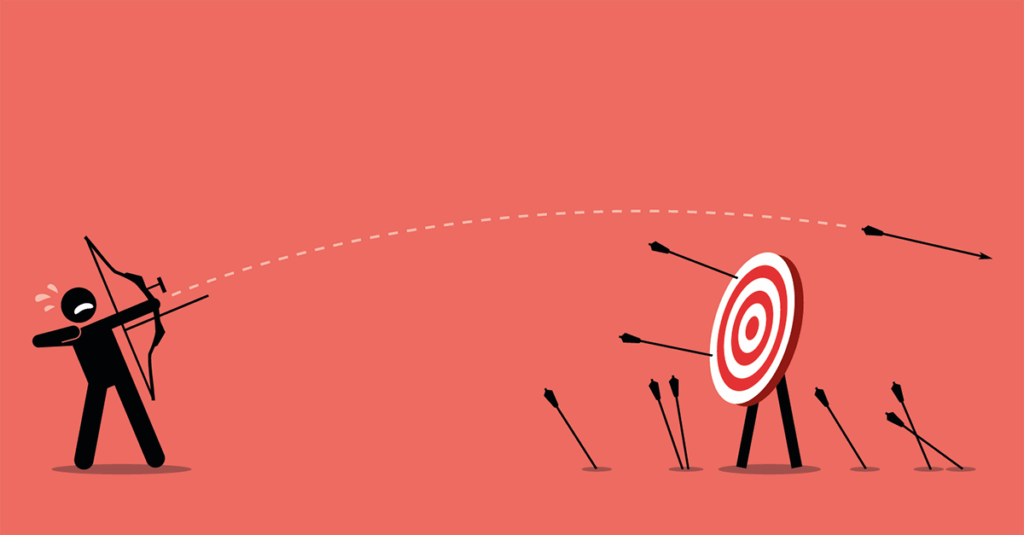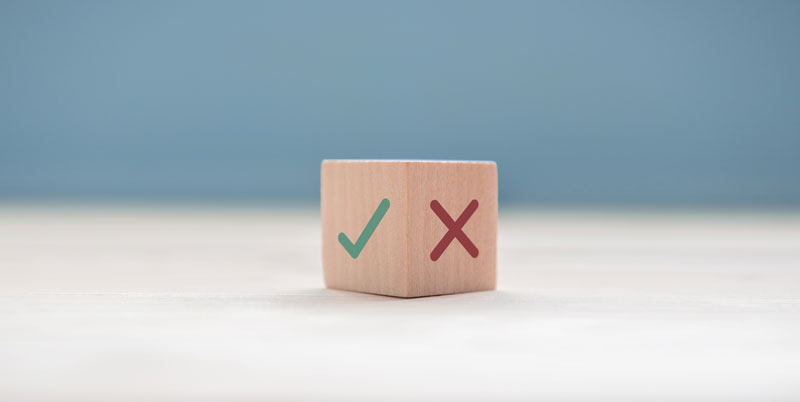
In today’s fast-paced world, setbacks are inevitable—and they can be the hidden catalysts behind transformative personal development. Instead of viewing failure as a defeat, acknowledge it as the stepping stone toward reinvention. In this article, we explore the idea of ‘perder para rediseñar’ and how embracing failure thoughtfully can ultimately propel you toward profound growth. We’ll dive into the art of learning from mistakes and share savvy strategies to help you redesign your life. Whether you’re facing self-doubt or preparing for a fresh start, these insights will empower you to turn challenges into triumphs.
The Importance of Embracing Failure in Personal Development
Failure is too often seen as a personal shortcoming or an indication of our limitations. However, when we shift our perspective and view failure through the lens of personal development, it turns into a powerful catalyst for change. Embracing failure means accepting that it’s a natural and essential part of life’s journey. Every misstep offers an opportunity for learning and self-improvement. Failures are not endpoints, but rather invaluable lessons in disguise that push us outside our comfort zones.
The concept of failure in personal development is not about glorifying defeat; it’s about understanding that each setback contributes to building a foundation for future success. Many celebrated figures have experienced dramatic failures before achieving greatness, using these experiences to uncover hidden strengths and refine their strategies. This empathetic approach helps shift our focus from self-criticism to constructive, actionable improvement.
Furthermore, learning to fail gracefully not only reinforces resilience but also deepens our understanding of who we are. By permitting ourselves to make mistakes, we embrace the process of self-discovery and become more adaptable. Embracing failure in personal development ultimately means recognizing that every fall is an opportunity to rise again—often with greater wisdom and a clearer vision for our lives.
Learning From Mistakes: A Pathway to Redesign

One of the most critical aspects of personal development is the willingness to learn from our mistakes. When challenges arise, taking a moment to analyze what went wrong and why is essential. This reflective practice is not only therapeutic but also the foundation for crafting a more structured plan for future actions. Learning from mistakes is the cornerstone of effective self-redesign.
Understanding the root causes behind our failures enables us to identify harmful patterns, habits, or environmental influences that hinder our progress. Once recognized, these elements can be dismantled and replaced with strategies that truly align with our potential and aspirations. This process demands honest self-reflection, persistence, and a commitment to growth.
Incorporating the philosophy of ‘perder para rediseñar’—or ‘losing to redesign’—cements the idea that every failure is a stepping stone to renewal. By accepting our setbacks without harsh judgment, we open the door to innovative solutions and new paths. This mindset empowers us to rebuild stronger, more resilient versions of ourselves.
Self-Reflection and Honest Assessment
Before embarking on any redesign in your personal development journey, it is crucial to pause for genuine self-reflection. Evaluate your actions, decisions, and the circumstances that led to your setbacks. Recognizing recurring themes in your failures might be the key to unlocking lasting improvement.
Practices like journaling or mindfulness meditation can help trace your emotional patterns and pinpoint triggers behind negative outcomes. By writing down your thoughts, you not only reveal recurring patterns but also examine your experiences more objectively.
Transforming Setbacks into Learning Opportunities

With an honest assessment of your setbacks in hand, the next step is to transform these challenges into concrete learning opportunities. Rather than becoming discouraged, view every mistake as a chance to gain insights into your strengths and weaknesses.
For example, if a project falls short of expectations, ask yourself which lessons can be distilled from the experience. This practical approach transforms every failure into a blueprint for future success and lays the groundwork for a better, more resilient self.
Strategies to Convert Failures into Growth Opportunities
When it comes to personal development, having clear strategies to turn failures into growth opportunities is indispensable. Whether you’re in recovery from a setback or looking to prevent future ones, strategic planning is essential. Techniques such as setting realistic goals, actively seeking feedback, and building a supportive network of mentors can significantly enhance resilience.
The process of converting failure into forward momentum begins with accepting that while setbacks are temporary, the lessons they offer can last a lifetime. Although life is unpredictable and failures cannot be completely avoided, their impact can be lessened with the right mindset and support system.
Additionally, integrating structured planning in your day-to-day life transforms chaos into order. Document each lesson learned and use it to refine your strategies moving forward. Adopting a proactive attitude toward failure is the first step in turning challenges into powerful catalysts for growth.
Redesigning Your Life: Embracing ‘Perder Para Rediseñar’
Redesigning your life is a transformative process that goes beyond introspection—it requires the courage to step into unknown territories. The idea of ‘perder para rediseñar’ encapsulates the notion that loss and failure are often necessary preludes to major reinvention. Sometimes, letting go of outdated patterns creates the space needed to embrace growth.
In practical terms, redesigning your life means reevaluating your priorities, beliefs, and habits. It involves stepping back to see the bigger picture, which can spark innovative ideas and lead to refreshing changes. Embracing failure means understanding that our most innovative selves emerge when we release the pursuit of perfection.

This journey of reinvention requires courage and persistence, and it ultimately fosters a renewed commitment to resilience. Every setback is an invitation to reconfigure your path, ensuring that personal growth is seen not as a destination, but as a continuous process of evolution.
Reevaluating Core Beliefs and Priorities
At the core of redesigning your life is the need to reassess your fundamental beliefs and priorities. Sometimes, failure forces us to confront outdated perspectives that no longer serve our best interests. This reflection creates a catalyst for discarding old ideas in favor of more aligned beliefs.
Engaging in open discussions with trusted mentors or counselors can help challenge the status quo and foster an environment ripe for transformative change.
Implementing New Routines for Personal Renewal
Another critical element in redesigning your life is establishing new routines. Once you clearly identify the needed changes, developing daily habits that support these goals is essential. This might include setting aside time for self-assessment, continuous learning, or even redesigning your daily schedule to strike a healthy balance between work and leisure.
Even small adjustments—like a refreshed morning routine—can have a profound effect on your overall mindset. New routines signal a fresh start and reinforce your commitment to ongoing personal evolution.
Practical Tips and Takeaways for Mastering Personal Development

Bridging the gap between insightful theory and everyday practice is key to effective personal development. Integrating practical tips into your routine can lead to noticeable improvements in both personal and professional spheres. Start by realizing that every setback offers valuable data for crafting a better version of yourself. Effective personal development is a blend of thoughtful reflection and decisive action.
One robust strategy is cultivating the habit of setting short-term goals. These benchmarks help you monitor progress, celebrate small wins, and identify when adjustments are needed. Over time, these incremental successes accumulate into significant long-term achievements. Additionally, consider enlisting the help of accountability partners—be it a supportive peer group, a mentor, or a life coach—to maintain momentum.
Moreover, remain open to experimentation. Trial and error is a natural part of self-improvement. Embrace continuous learning through reading, online courses, or seminars on personal growth. This adaptive approach ensures that your journey of self-improvement stays resilient and ever-evolving. Remember, mastering personal development is not a final destination but a rewarding, lifelong commitment to becoming the best version of yourself.
In conclusion, true mastery in personal development requires an honest embrace of failure and an understanding that mistakes are integral to growth. Every setback is not an endpoint but a chance to reinvent your path. By adopting the ‘perder para rediseñar’ philosophy and integrating actionable strategies, you can transform failures into milestones of progress. Remember, the journey to self-improvement is filled with ups and downs, and the willingness to learn from every experience ultimately cultivates real, lasting transformation.